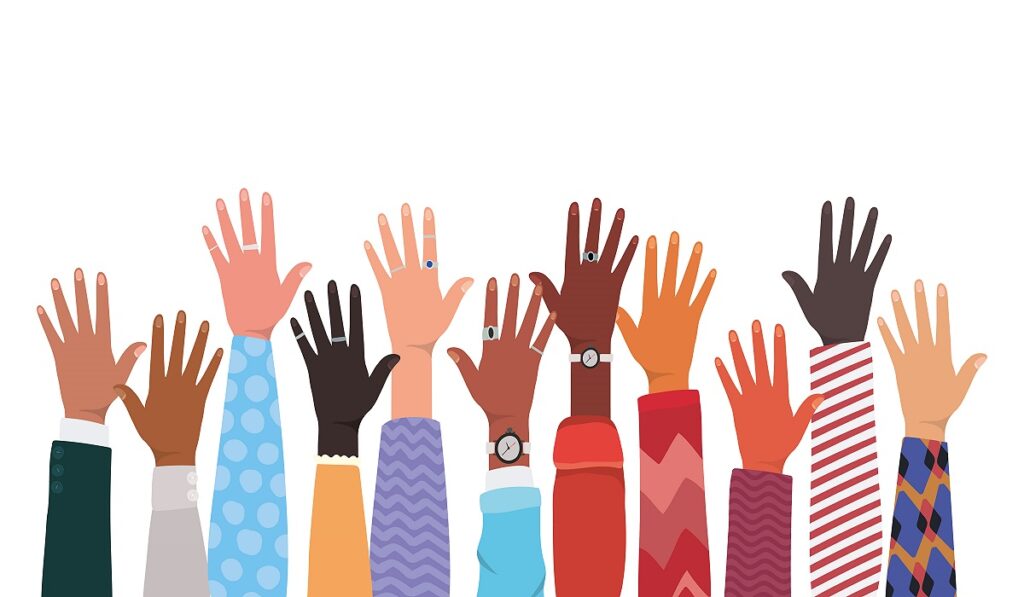Have you ever wondered if reading non-fiction books is worth your time? While fiction often steals the spotlight with its imaginative stories and colorful characters, non-fiction holds its own unique appeal. Let’s explore the benefits of reading non-fiction, how it can enrich your life, and why it might be the perfect addition to your reading list.
Non-fiction books cover a vast array of subjects, from history and science to personal development and memoirs. They provide factual information, insights, and real-life stories that can enlighten and educate readers. But is it good to read non-fiction books? Absolutely! Here’s why.
Why Read Non-Fiction Books?
The Value of Factual Information
Non-fiction books offer a treasure trove of factual information. Whether you’re interested in understanding the intricacies of the universe, learning about historical events, or discovering new strategies for personal growth, non-fiction books have something for everyone.
Expanding Knowledge and Understanding
Learning New Subjects
Non-fiction books are an excellent way to learn about new subjects. They provide detailed explanations and insights into topics you may not be familiar with, broadening your knowledge base and making you more well-rounded.
In-Depth Exploration
Unlike fiction, which often focuses on storytelling, non-fiction delves deeply into its subject matter. This in-depth exploration allows readers to gain a comprehensive understanding of complex topics.
Enhancing Critical Thinking Skills

Analyzing Information
Reading non-fiction encourages you to analyze and critically evaluate information. It challenges you to think about the validity of the content, question assumptions, and consider different viewpoints.
Developing Logical Reasoning
Non-fiction books often present arguments, evidence, and logical reasoning. Engaging with this content helps improve your own reasoning skills, making you better at forming and defending your own opinions.
Practical Benefits
Gaining Practical Knowledge
Non-fiction books often provide practical knowledge that can be applied in your daily life. Whether it’s learning new skills, understanding how to manage finances, or improving your health, the practical benefits of non-fiction are immense.
Real-World Applications
The knowledge gained from non-fiction can be directly applied to real-world situations. This makes non-fiction reading not only informative but also highly useful.
Inspiration and Motivation
Real-Life Success Stories
Reading about the achievements and struggles of real people can be incredibly inspiring. Non-fiction books often feature biographies and memoirs that showcase how individuals have overcome obstacles and achieved greatness.
Motivational Insights
Books on personal development and self-help provide valuable insights and strategies for improving your life. They can motivate you to set and achieve goals, adopt healthier habits, and strive for personal excellence.
Improving Concentration and Focus
Deep Reading
Non-fiction reading requires a level of concentration and focus that can improve your attention span. This deep reading helps train your brain to focus for longer periods, which is beneficial in many aspects of life.
Mental Stimulation
Engaging with complex ideas and detailed information keeps your mind sharp and stimulates cognitive function, contributing to overall mental well-being.
Better Understanding of Reality
Real-World Context
Non-fiction provides a realistic portrayal of events, people, and concepts. This helps you understand the world as it is, rather than through the lens of fiction.
Bridging Knowledge Gaps
Reading non-fiction helps bridge gaps in your knowledge, giving you a more complete understanding of various subjects and how they relate to each other.
Personal Growth and Self-Improvement
Self-Reflection
Non-fiction books often encourage self-reflection and introspection. They prompt you to think about your own life, values, and goals, leading to personal growth.
Lifelong Learning
Embracing non-fiction fosters a mindset of lifelong learning. It encourages you to continuously seek knowledge and improve yourself, both personally and professionally.
Exploring Diverse Perspectives

Understanding Different Cultures
Non-fiction books can introduce you to different cultures, traditions, and ways of life. This fosters empathy and a deeper appreciation for diversity.
Broadening Worldview
By exposing you to various viewpoints and experiences, non-fiction broadens your worldview and helps you understand the complexities of human society.
Historical and Cultural Awareness
Learning from History
Non-fiction books on history provide insights into past events, helping you understand how they shape the present and future. They offer lessons that can be applied to contemporary issues.
Cultural Insights
Reading about different cultures enhances your cultural awareness and sensitivity. It helps you appreciate the richness and diversity of human experiences.
Non-Fiction for Entertainment
True Crime
True crime books offer thrilling and suspenseful narratives based on real events. They captivate readers with their detailed accounts of criminal investigations and legal proceedings.
Adventure and Exploration
Books about adventure and exploration recount the daring exploits of explorers, adventurers, and pioneers. These true stories can be just as exciting as any fictional tale.
Balancing Fiction and Non-Fiction
Complementary Benefits
Balancing fiction and non-fiction reading provides a well-rounded literary experience. Fiction offers creativity and emotional engagement, while non-fiction provides factual knowledge and practical insights.
Finding Your Balance
Experiment with different genres and subjects to find a balance that suits your interests and reading goals. Both fiction and non-fiction have unique benefits that can enhance your reading life.
Choosing the Right Non-Fiction Book
Identifying Interests
Start by identifying your interests and what you want to learn. This will help you choose non-fiction books that are engaging and relevant to your goals.
Reading Reviews and Recommendations
Check out reviews and recommendations to find highly regarded non-fiction books. Look for authors who are experts in their fields and have a reputation for clear, engaging writing.
Conclusion
Reading non-fiction books offers a multitude of benefits, from expanding your knowledge and improving critical thinking skills to providing practical insights and inspiration. Whether you’re looking to learn something new, gain a deeper understanding of the world, or find motivation for personal growth, non-fiction has something to offer. So, is it good to read non-fiction books? Absolutely! Dive into the world of non-fiction and discover the many ways it can enrich your life.
FAQs
1. What are the benefits of reading non-fiction books?
Reading non-fiction books expands your knowledge, improves critical thinking skills, provides practical insights, and offers inspiration and motivation.
2. Can non-fiction books be entertaining?
Yes, non-fiction books can be highly entertaining, especially genres like true crime and adventure, which offer thrilling and suspenseful narratives based on real events.
3. How do non-fiction books improve critical thinking skills?
Non-fiction books encourage you to analyze and evaluate information, question assumptions, and consider different viewpoints, thereby enhancing your critical thinking skills.
4. Why is it important to read both fiction and non-fiction?
Reading both fiction and non-fiction provides a balanced literary experience. Fiction offers creativity and emotional engagement, while non-fiction provides factual knowledge and practical insights.
5. How can I choose the right non-fiction book to read?
Identify your interests and reading goals, check out reviews and recommendations, and look for authors who are experts in their fields and known for clear, engaging writing.

